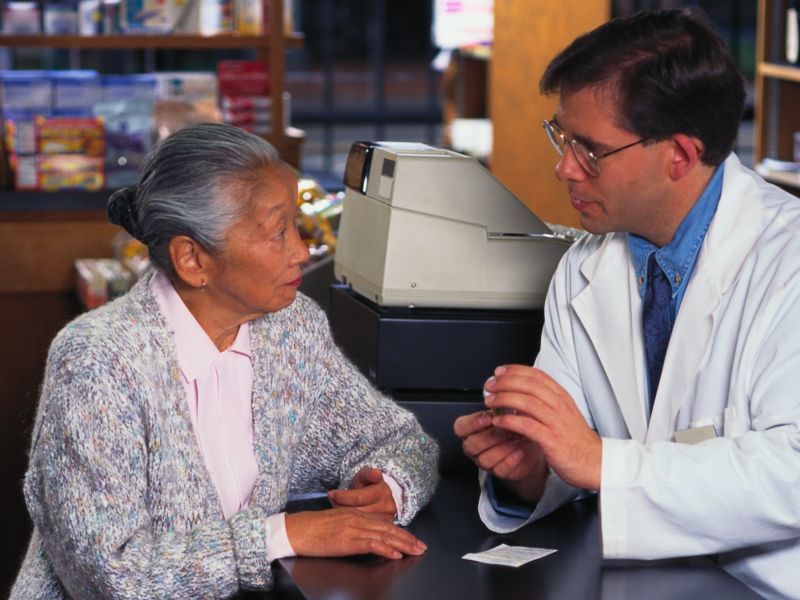Why So Many Older Women Develop UTIs

MONDAY, May 20, 2019 (HealthDay News) -- Urinary tract infections are one of the indignities many women face as they age. One reason why is because their bladder walls can be invaded by several species of bacteria, a new study finds.
Urinary tract infections, or UTIs, are among the most common type of bacterial infections in women, accounting for nearly 25% of all infections. UTI recurrence rates can range from 16%-36% in younger women to 55% in postmenopausal women.
In the new study, researchers at University of Texas Southwestern (UTSW) in Dallas analyzed bacteria in bladder biopsies from 14 postmenopausal women with recurrent UTI. The investigators found that, in these patients, several species of bacteria can get inside the bladder's surface area.
Bacterial diversity, antibiotic resistance and immune response all play significant roles in recurrent UTIs, according to the study.
"Our findings represent a step in understanding [recurrent] UTIs in postmenopausal women," senior study author Kim Orth said in a university news release. Orth is a professor of molecular biology and biochemistry at UTSW.
"We will need to use methods other than antibiotics to treat this disease, as now we observe diverse types of bacteria in the bladder wall of these patients," Orth added.
UTI is the most common reason for antibiotic prescriptions in older adults. The high rate of UTIs has a significant social impact, and treatment costs billions of dollars a year, the study authors noted.
Recurrent UTI "reduces quality of life, places a significant burden on the health care system, and contributes to antimicrobial resistance," Orth said.
Other factors believed to contribute to higher UTI rates in postmenopausal women include pelvic organ prolapse, diabetes, lack of estrogen, loss of Lactobacilli in the vagina, and higher levels of E. coli in tissues surrounding the urethra, according to the researchers.
The report was published online recently in the Journal of Molecular Biology.
More information
The U.S. Office on Women's Health has more about urinary tract infections.

The news stories provided in Health News and our Health-E News Newsletter are a service of the nationally syndicated HealthDay® news and information company. Stories refer to national trends and breaking health news, and are not necessarily indicative of or always supported by our facility and providers. This information is provided for informational and educational purposes only, and is not intended to be a substitute for medical advice, diagnosis, or treatment.

